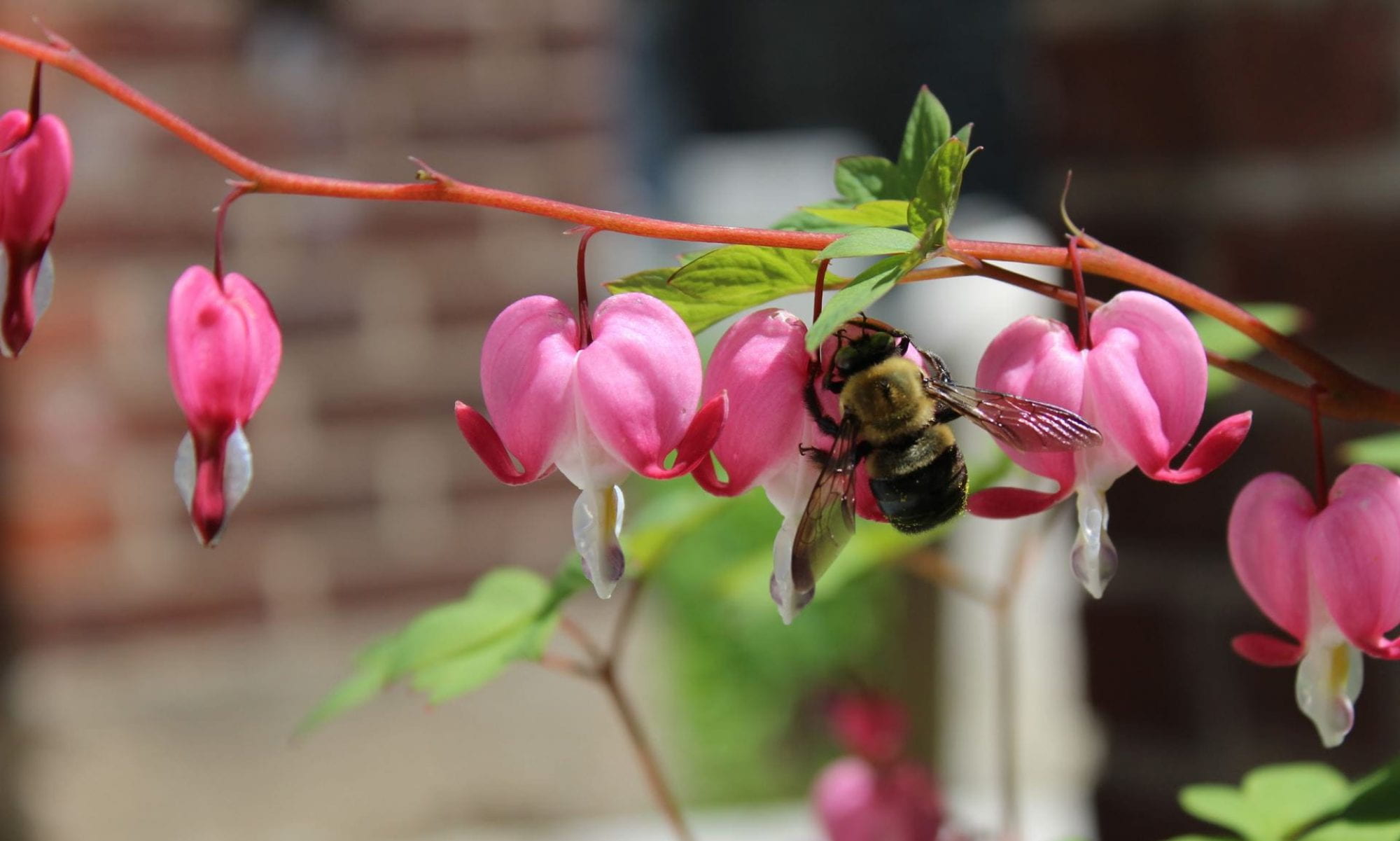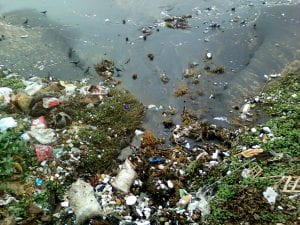Hi everyone! My name is Madison Tompkins, but I prefer to be called Madi. This is my second semester as a fully online transfer student at UMassD majoring in Women’s and Gender Studies, and I am set to graduate in Spring 2021. I live in upstate New York where I work full time for a facility called Transitions through my county’s ARC chapter. What I do as a peer mentor is support young adults with learning differences to foster their independence in their professional, educational, and personal lives. Part of my job that is pretty different from most is my schedule, as I sleep overnights from Tuesday until Thursday every week at a supportive apartment to help further the learning experience outside of a classroom setting. I love my job despite its challenges, it is extremely rewarding and having four days off allows me to pursue my education.
When looking through the collection of feminist blogs, one that was familiar to me was Everyday Feminism. I have personally been on EF’s site before because I have followed it on social media for some time, but I also had experience in classes from my previous semester where some sources provided from my professor was from EF. This blog has a wide variety of feminist topics that is discussed by different feminist authors to provide more diverse standpoints into issues that one may not have an inside perspective on. I also feel that this site is also very informative, last semester I recall reading an article about the strategy “calling in” rather than calling out people for their wrongdoings. I feel as though I can take away from EF’s blog styling by researching multiple standpoints so that I can potentially provide more informative postings about different topics. One aspect of this blog that I hope to differ from is making the posts more personal. EF’s authors make their articles personal, but the blog as a whole has more community contributors, so I hope to make my blog more in depth into my personal experiences.
One environmental issue I believe is very relevant to where I live is water pollution. Where I live in New York, the Mohawk River runs through many of my neighboring towns and cities. According to a local news source The Daily Gazette, starting in 2016 to 2018 it is estimated that nearly 500,000 gallons of sewage was flowing into the Mohawk River due to overwhelmed sewage collection systems during storms or periods of increased runoff. During this time, the Department of Environmental Conservation urged people to avoid fishing and swimming in the river. Since then, New York State government has provided funding toward the Mohawk Valley watershed and to other cities impacted by the sewage flow. Growing up in towns along the Mohawk, I remember it always being littered with garbage and just a generally dirty body of water. Water pollution is a growing issue across the world with the prevalence of discussions surrounding cleaning up our oceans, but other smaller bodies of water are also suffering from the impacts of water pollution.
Coming into this class, I do admit that the concept of Ecofeminism is still foreign to me. I am intrigued to learn what this class has to offer on another standpoint of feminism, and I look forward to learning with everybody this semester!


Wow, marvelous blog layout! How long have you been blogging for?
you make blogging look easy. The overall look of your website is fantastic, as well as the content!
✔ Private & Cozy – Often standalone cabins or small villas
with a homey feel.
✔ Scenic Locations – Usually in nature, near forests, vineyards,
or mountains.
✔ Amenities – Many include a jacuzzi, kitchenette, BBQ area, and outdoor seating.
✔ Romantic Getaways – Popular for couples (often marketed as “צימר רומנטי”).
✔ Short-Term Stays – Typically rented for 1-3 nights
(unlike hotels).
Heya i am for the first time here. I found this board and I
find It truly useful & it helped me out much.
I hope to give something back and aid others like you aided me.
My page; https://www.cucumber7.com/
What’s up, its nice paragraph on the topic of media print, we all
know media is a impressive source of facts.
Thanks for a marvelous posting! I certainly enjoyed reading it, you might be a great author.
I will be sure to bookmark your blog and will often come
back at some point. I want to encourage yourself to continue your great writing, have a nice weekend!
Thank you for every other informative web site.
Where else may I get that kind of information written in such a perfect approach?
I have a challenge that I’m just now running on, and I have been at the look out for such info.
It’s amazing for me to have a site, which is beneficial in support of my know-how.
thanks admin
Spot on with this write-up, I actually think this web site needs a great deal more attention. I’ll probably be back again to see more, thanks for the information!
Hi, I think your site might be having browser compatibility issues.
When I look at your blog site in Opera, it looks fine but when opening
in Internet Explorer, it has some overlapping. I just wanted to give you a quick heads up!
Other then that, amazing blog!
We’re a group of volunteers and opening a new scheme in our
community. Your web site offered us with valuable information to work on. You have done an impressive job and our entire
community will be grateful to you.